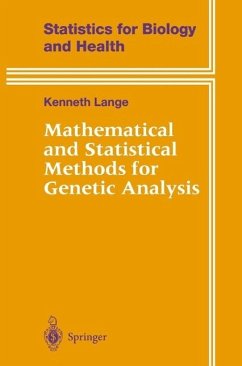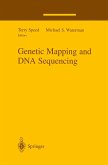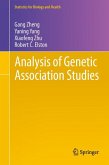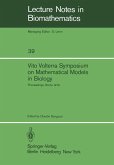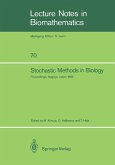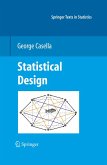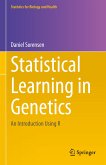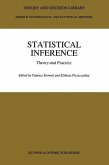Geneticists now stand on the threshold of sequencing the genome in its entirety. The unprecedented insights into human disease and evolution offered by mapping and sequencing are transforming medicine and agriculture. This revolution depends vitally on the contributions made by applied mathematicians, statisticians, and computer scientists. Kenneth Lange has written a book to enable graduate students in the mathematical sciences to understand and model the epidemiological and experimental data encountered in genetics research. Mathematical, statistical, and computational principles relevant to this task are developed hand-in-hand with applications to gene mapping, risk prediction, and the testing of epidemiological hypotheses. The book covers many topics previously only accessible in journal articles, such as pedigree analysis algorithms, Markov chain, Monte Carlo methods, reconstruction of evolutionary trees, radiation hybrid mapping, and models of recombination. The whole is backed by numerous exercise sets.
Dieser Download kann aus rechtlichen Gründen nur mit Rechnungsadresse in A, B, BG, CY, CZ, D, DK, EW, E, FIN, F, GR, HR, H, IRL, I, LT, L, LR, M, NL, PL, P, R, S, SLO, SK ausgeliefert werden.

